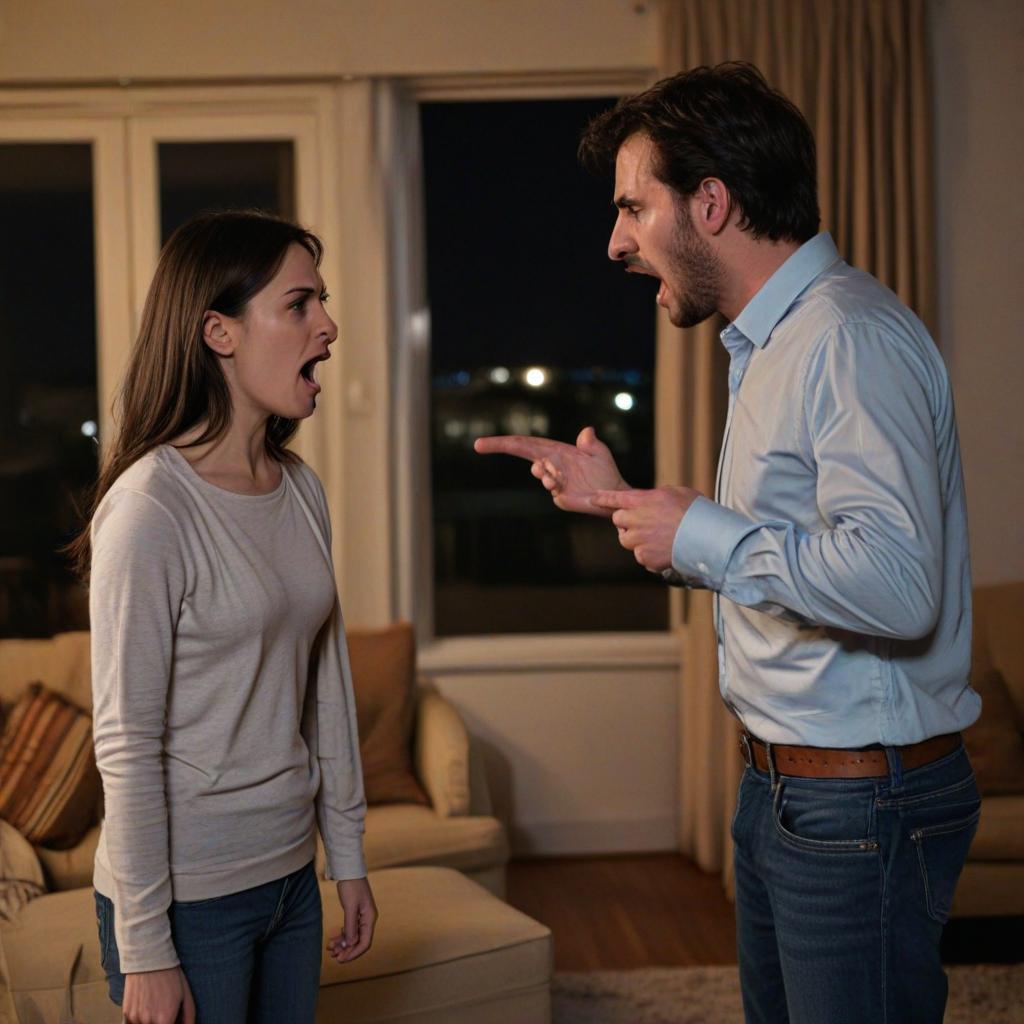Contents of this post:
- Review of previous posts
- A common relationship conflict
- LOVE is a doing thing
- The power of love and human instinct
Humans are born with an unconscious drive to ensure the species’ survival. The terms ‘instinct’ and ‘human nature’ are used interchangeably in describing human nature.

Human nature’s strategy to preserve the species uses the tactics of:-
1. Group membership
2. Comparisonitis (constantly scanning for threats to group membership)
3. Physiological arousal
4. Production of catastrophizing thoughts (shoulds, oughts, and musts)
5. Responsibility
While the nature of humans can be temporarily suppressed with drugs or distracting activity, the drive of human nature ultimately returns. This drive is unconscious, demanding, and ongoing.

# It is natural to seek the protection of group membership. This can be thought of as seeking a community shield.
# Comparisonitis constantly scans for threats that might remove me from the group.
# When a threat is identified, instinct spikes my physical arousal until I become aware of distress.
# Once instinct makes me conscious of arousal or frustration, I seek explanations for my stress. I apply expectations I have learned through my life experience to judge how things should be. When things are not the way they ‘should’ be, I label my feelings as anxiety, anger, depression, resentment, jealousy and a host of other emotions and commonly begin to blame.

A little reflection (what am I telling myself) tells me I think things (shoulds, oughts, musts) that impact my judgments, arousal, thoughts, and actions. When I feel bad, I think bad, feel worse, and think worse. I am caught up in a spiral that makes mountains out of molehills. This is catastrophizing.
My Human Nature causes the arousal that creates my feelings and associated reflexive actions (e.g., fear causes fight, flight, or freeze). As I don’t choose my feelings, I am not to blame.
I can’t choose my mood or my emotions. If I could, I would certainly choose to be happy all the time.
However, once I stop trying to change how I (or others) feel and focus on what I can do in my current circumstances despite the way I feel, I am more likely to be ‘successful’.
Remember, we can define ‘success’ in any way we like as long as we don’t include ‘feelings’ in the definition. Including a variable like feelings that we can’t control in our definition just sets us up for failure.
# The last thing to remember is responsibility. We cannot control our nature or choose our feelings, but we are not excused from being responsible for our actions
The Bridge Between Hearts
Sarah looked out into the night, her reflection barely visible. In the living room, Mark paced back and forth, clearly frustrated. “I just don’t get why you can’t see how much I care,” he said, his voice strained.
Sarah turned to face him, tears welling up in her eyes. “And I don’t understand how you can’t see how much I love you.”
They stood silently, feeling misunderstood and distant despite being physically close. This had been their cycle for months – both expressing their love yet feeling unsatisfied or unreciprocated.

As Sarah watched Mark’s shoulders slump, she realized something. She had been so caught up in her own hurt that she couldn’t truly listen to or accept Mark’s perspective or feelings. She spoke softly, taking a deep breath, “Mark, I think I’ve been so focused on my pain that I haven’t listened to you. Can we start over?”
Mark looked up, surprise evident on his face. “What do you mean?”
“I mean, instead of trying to blame you for my feelings, I want to accept where we are right now. Despite feeling angry and defensive, I want to understand your perspective, truly.”
Mark’s posture relaxed slightly. “I… I’d like that. I think maybe I’ve been doing the same thing.”
As they sat down together, a new atmosphere settled over them.
By accepting their current situation – the misunderstandings, the hurt, the love that seemed to miss its mark – they found themselves better equipped to address their issues.
Over the next few hours, they talked openly, though they sometimes fell into moments of blame and defensiveness. In those moments, they took their rising distress as a signal to stop and take a break. After pausing, they were able to continue. They accepted their own and each other’s feelings without trying to change them. In doing so, they identified the miscommunications that had triggered their instinctive anxiety and defensiveness and found a way forward together.
By dawn, Sarah and Mark had bridged the gap between their hearts. Their love remained, and their understanding and acceptance of each other grew immensely. They realized that by accepting their feelings rather than battling against them, they had found the strength to act differently toward each other.
Love is a Doing Thing
Dr. Smith: You know, I’ve been struggling with this concept of love lately. It seems like there’s no clear, useful definition that actually helps people understand and practice love.

Dr. Johnson: I think part of the problem is the confusion between love as a noun and love as a verb. People often get caught up in whether love is a feeling or an action.
Dr. Smith: That’s an interesting point. So, are you saying we should consider love more as a doing thing rather than just a feeling?
Dr. Johnson: Exactly. Viewing love primarily as an action can be more beneficial in helping people maintain and strengthen their relationships.
Dr. Smith: I see where you’re going with this. So, could we say that ‘love’ is a verb that describes the actions we take, while being ‘in love’ refers to feelings?
Dr. Johnson: That’s a great way to differentiate it! This distinction could really help people understand love better.
Dr. Smith: You know, we could take this a step further. What if we used ‘LOVE’ as an acronym to guide people on actively loving each other?
Dr. Johnson: That’s brilliant! What did you have in mind?
Dr. Smith: Well, the ‘L’ could stand for Listen – really paying attention to your partner.
Dr. Johnson: I like that. And the ‘O’ could be for Overlook – choosing to forgive small faults or mistakes.
Dr. Smith: Perfect. For ‘V’, how about Value – showing appreciation for your partner?
Dr. Johnson: Excellent. And ‘E’ could emphasize that all of these require Effort, reminding people that love is an active choice that requires consistent work.
Dr. Smith: I think we’re onto something here. This LOVE acronym could be a practical tool for helping people understand that love isn’t just a feeling but a series of deliberate actions.
Dr. Johnson: Agreed. It encapsulates the idea that to truly love someone, you must consciously listen, overlook faults, value them, and consistently put in the work. This could be a game-changer in how we approach relationship counselling.
The Power of Love and Human Nature
Understanding love as a verb rather than just a feeling can significantly improve relationships in several ways:
Active engagement: Viewing love as a verb emphasizes the importance of taking deliberate actions to nurture and strengthen relationships. This encourages partners to consistently engage in behaviours that demonstrate care and affection.

Practical expression: Treating love as a verb provides a framework for expressing affection through tangible actions. This can include actively listening, showing appreciation, and making thoughtful gestures, which are more concrete ways to demonstrate love than relying solely on feelings and words.
Resilience during challenges: When love is seen as an action, couples are more likely to persist through difficult times by focusing on supportive behaviours rather than just emotional states. This can help maintain connection even when feelings may fluctuate.
Growth mindset: Approaching love as a verb aligns with a growth mindset in relationships. It encourages partners to view their relationship as something that can be developed and improved through intentional efforts.
Deeper connection: By actively practising love through behaviours like listening, valuing, and making an effort, partners can create a deeper, more meaningful connection that goes beyond surface-level attraction.
By shifting the focus from love as a passive feeling to an active practice, we can satisfy the human need for togetherness. In doing ‘love’, we create more robust, fulfilling, and lasting relationships.
As our family grows, demonstrating the act of ‘love’ prepares our kids to create more robust, fulfilling, and lasting relationships.
Together, we are one. Together, we are safe.
Back To Read Our Posts